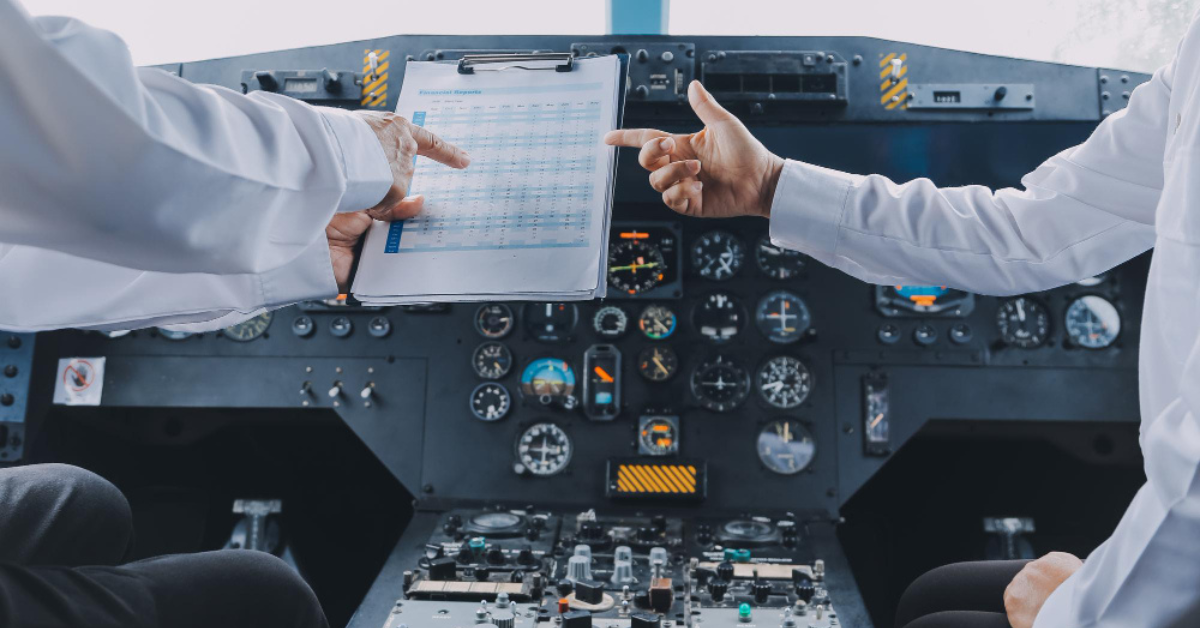If you’ve been denied an FAA medical certificate, you’re not alone — and you’re not out of options. Whether it is from a pre-existing medical condition, a medication that you are taking, or something that is in your history, thousands of pilots every year are deferred or denied access to the medical certificate.
But here’s the good news: Many of them still fly after getting a Special Issuance Authorization.
As a practicing Aviation Medical Examiner in Florida, I’ve helped hundreds of pilots navigate the complex world of FAA special issuances. This guide walks you through the exact steps you should take after a denial — in plain English.
What is a Special Issuance?
A Special Issuance is the FAA’s method of issuing a medical certificate to pilots with disqualifying medical conditions — but who can still safely operate an aircraft. It’s a case-by-case exception following a more intensive review.
First, Understand Why You Were Denied
Before anything else, read the FAA’s letter carefully. It will outline:
- The reason for denial or deferral
- Which medical records they require
- Any testing they need to see
- Timeframes and deadlines
Common reasons for FAA denials include:
- Anxiety or depression
- Use of SSRIs (antidepressants)
- ADHD or past stimulant use
- Cardiac issues (stents, arrhythmia, heart attack)
- Diabetes
- Sleep apnea
- DUI history or substance abuse
Step-by-Step Guide: What To Do After an FAA Medical Denial
- Don’t Panic — But Don’t Delay
A denial or deferral can be overwhelming, but you’re not grounded forever. Just take a deep breath, and collect your documents and respond in a timely way. The FAA clock is ticking, and missing deadlines can delay your appeal for months.
- Schedule a Consultation with a Senior AME in Florida
Not all AMEs handle special issuances. You need one experienced in complex cases. A Senior AME, especially one familiar with the FAA’s Southern Regional Flight Surgeon Office, can make a major difference.
Tip: Ask your AME if they’ve submitted successful special issuance cases for your condition before.
If you’re searching for a FAA Special Issuance Examiner in Florida, make sure they have specific experience dealing with the condition you’re appealing for — it can make the difference between long delays and a successful outcome.
- Gather All Required Medical Records
You’ll need to collect a comprehensive set of medical documents. These often include:
- Hospital or physician records
- Medication history
- Lab tests or imaging (MRI, EKG, etc.)
- Treatment notes
- Correspondence from consultants (for example, cardiologist, psychiatrist)
Your AME can help package the information in the FAA’s preferred format, which can significantly speed up processing.
- Get a Current Status Letter from Your Treating Physician
This is often overlooked — and a major cause of delays. The FAA wants a clear summary from your treating doctor, not just raw records. The letter should address:
- Diagnosis
- Treatment plan
- Prognosis
- Any limitations or risks
- Stability over time
- Consider Additional Testing Proactively
Sometimes, extra documentation can strengthen your case. This could include:
- Neuropsychological testing (for ADHD or mental health cases)
- Stress test or echocardiogram (for cardiac issues)
- Sleep study (for sleep apnea)
Ask your AME whether additional proactive testing might eliminate future requests from the FAA.
- Submit a Clean, Well-Organized Application Package
Think like the FAA: They review thousands of these files. Make yours easy to read.
Your AME will usually send your special issuance request with:
- FAA Form 8500-20 (Authorization Request)
- Your AME’s supporting summary
- All test reports, letters, and medical records
Pro Tip: An organized package means less back-and-forth—and a higher chance of first-pass approval.
- Follow Up and Be Patient (But Not Passive)
FAA medical appeals can take anywhere from 6 to 12 weeks, or even longer if it is a complex case.
- Check in every 30 days with either your AME or the FAA’s Aerospace Medical Certification Division.
- Keep copies of all submitted materials.
- Do not reapply or start over unless advised by your AME.
A Denial Isn’t the End of Your Flying Career
Most pilots who once were conditionally denied FAA medical clearance, now fly safely on a Special Issuance. The secret is navigating the process with clarity, organization, and professional assistance. If you are a pilot based in Florida and require assistance with a deferral or denial, locate an AME who has experience with complex cases.
Working with the right examiner, one who understands the FAA’s expectations and Florida’s local medical landscape, can make all the difference. At Aviation Medicine, Dr. Weinberg brings decades of expertise helping pilots pass their 1st Class FAA Medical Exam Florida-wide, with a strong track record in complex special issuance approvals.
Schedule your consultation with Dr. Weinberg today at aweinberg@medavex.org or call us at (727) 648-2402 and take the first step toward getting your FAA medical certificate reinstated.

